
Over a year ago I wrote a post about female support players on the Overwatch subreddit that hit the front page and generated a lot of buzz in the community at the time. It earned 9 Reddit Gold awards and over 14,000 up-votes, with nearly 4,000 comments. I was even reached out to by the head of player behavior at Blizzard whom had read it.
At the risk of sounding like a humble-bragger, I was absolutely blown away by the response to what started as a rambling rant to another post about Mercy players. I’ve revisited the original content and cleaned it up for posterity.
“Why are there so many female Mercy mains in Overwatch?”

It is not uncommon on Overwatch forums to see comments about how “all girls who play this game main Mercy or D.Va”, or they might say “I’ve met [number] of women in Overwatch and all of them main Mercy”. I’ve also noticed this trend to some extent. I myself began playing Overwatch as a Mercy main, and most of the female plays I know do in fact play more support characters than other classes. On average, it seems that female players tend to focus on support more often than men across the board. Why is this?
Hopefully I can shed some light on the subject!
First I should share what qualifies me to speak on this subject (besides being a girl gamer myself). I have a Bachelor’s degree in Comparative Cultural Studies and most of my projects and papers during college, when appropriate, were about gamer culture or women in video game, including my graduation thesis which was about changing cultural identity of gamers.
The following are five major cultural factors I strongly believe push women toward choosing to play support roles in multiplayer games. There is nothing wrong with doing so, of course, but the “why” is fascinating to unpack and analyze.
1. Target Audience and Gendered Marketing
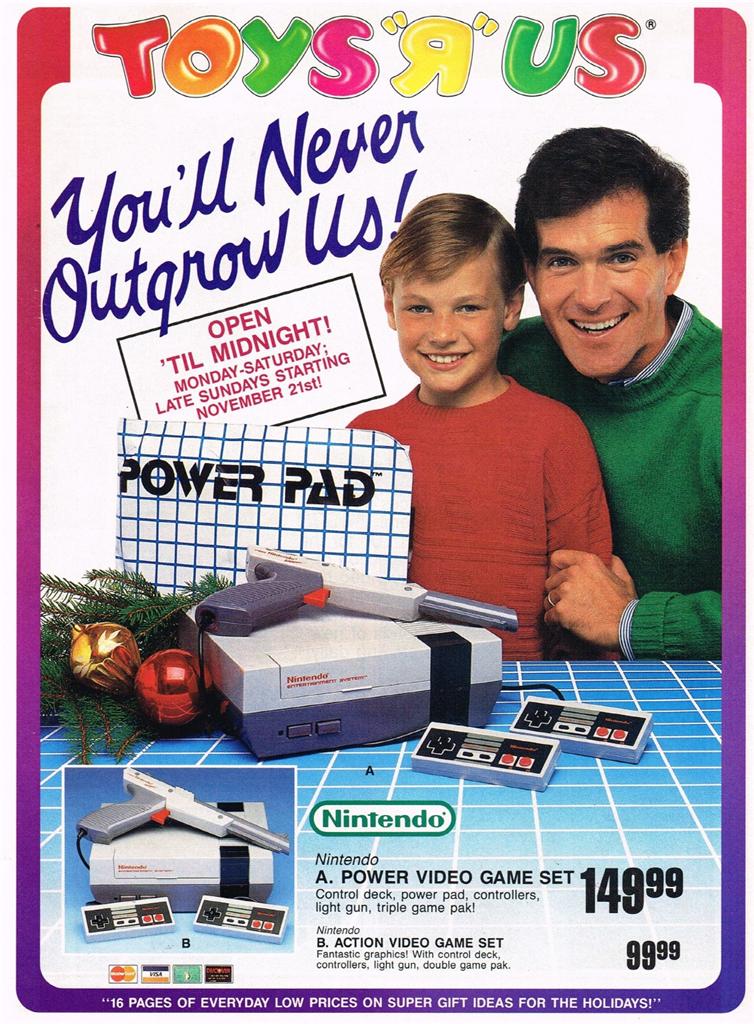
It is well known that early video game makers had to decide which toy aisle to assign their products. They went with the Boys aisle in the toy section, as there were no video game sections back when home consoles first hit the mass market. Thus, video game marketing was targeting toward boys for many following years. Growing up in the 90’s and early 2000’s, most video games were marketed towards boys, not girls.
Think about what your gaming habits have been since you were a child. Lots of shooters and action games? If you are a women, probably not. I remember mostly playing Barbie computer games. (Barbie Horse Adventures was actually amazing– So sue me.) On the flip side, many boys grow up learning mechanical shooter skills. Skillful twitch aiming is a transferable skill to any game involving shooting, so playing aiming intensive roles tends to come more naturally to some extent.
At age 24 I had somehow never played a first person shooter before Overwatch despite having been gaming since I was 10. You’ll find this is not uncommon with girl gamers. (Team Fortress 2 doesn’t count because I only played Medic. Typical gamer girl, am I right?)
For instance, when I tried to learn to play Halo with my male friends growing up in junior high and early high school, they always head-shot me and laughed while I tried to learn the controls, so I gave up and just watched instead. They didn’t try to teach me. It was like trying to learn basketball as a 5 year old versus college athletes showing no mercy.
So what does one play when they want to contribute to the team and play with their friends? You play something that does not require a skill that you never learned growing up in the first place.
2. Gender Schemas Taught to Children

Boys are generally encouraged by American society to be aggressive and engage in competitive activities (physical and digital both). It’s considered normal for boys to like these things. “Boys will be boys”, after all. Girls on the other hand are more often socially conditioned to be caring, considerate, and nurturing, to be demure rather than assertive. “Don’t get your dress dirty; go play with your baby doll.”
Guess what role in Overwatch, and other multiplayer games, allows girls to express these traits? Support and healing. I think this is a huge factor in why you see a higher percentage of women in support and healer roles in competitive team games as well as MMOs and other relevant genres.
It was also pointed out to me on the original Reddit post that testosterone plays a role in making boys more aggressive and attracted to competitive activities, whereas the lack of it in women does not encourage such behavior. I don’t claim to be well read on that particular subject, but it is worth taking into consideration.
3. Cultural Norms Influencing Gendered Behavior
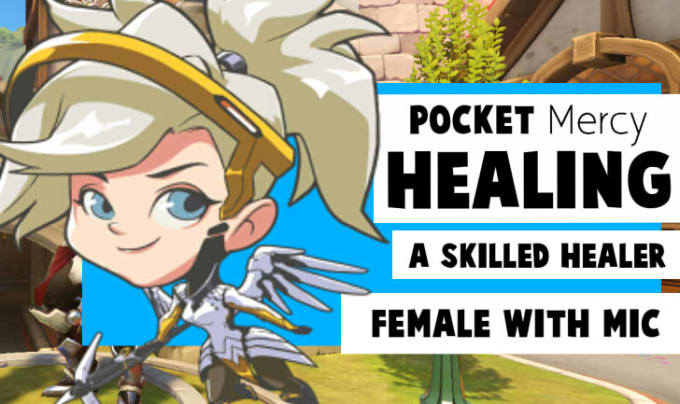
Due to long term effects of gender schemas, societal norms and expectation affect us in the long term as adults. Women are more likely to make compromises to keep the peace or to encourage teamwork, to be the caregiver. This is a product of social conditioning (at least in America).
Why did I learn support when I used to play League of Legends? No one else wanted to play it and would always argue over it. So I took up the job to stop the arguing and to feel like I was being useful. Me, personally? I am a Spike. This means I will play whatever is meta that is most needed and most likely to get the win.
I like winning over anything else, so I’ll make sure the support role is filled, since in a competitive match for many games, you really just can’t win without a healer. At the same time I enjoy taking care of my team. Most of my regular competitive mode partners jokingly call me “mom” because I was so protective over them during games.
4. Fear of Stereotype Reinforcement

Women may feel like they cannot practice new roles or request to play a damage dealer role because, A.) They don’t want to be harassed or argue for their preferred role, B.) They don’t want to have a bad game or a game where they are clearly learning something new and then fulfill the “women are bad at games” stereotype.
The most common argument I hear on this topic is “But guys can be bad too”. Yes, but you never hear anyone telling a man they are bad because they are a man, whereas you 100% hear players telling girls they are bad because of their gender, something they have no control over. It can be very damaging after you hear it dozens to hundreds of times in your gaming career… “Girls can’t play games!”, “No wonder we are losing, we have a girl.”
If you don’t believe this happens, just check out this amazing YouTube channel dedicated to highlighting the verbal harassment the channel owner receives regularly after players realize she is a woman. This is a sadly common experience for female players and the topic is worth a post of its own.
5. Female Friendly Character Design
The design of the characters in Overwatch is extremely diverse and female friendly. None of them are blatant sexual objects (except Widowmaker who embodies the femme fatale trope). There are all kinds of body types and ages, mothers and daughters, and even a female mecha-centaur. This may be one of the reasons why Overwatch enjoys nearly a 20% female population compared to the 7% average that is seen in most FPS games, and the 10%-15% or so that is usually seen in the MOBA genre.
When choosing a character or class to specialize in, a lot of women will choose one that they somehow identify with or that is most easily accessible to play, or both if applicable. Who is easiest to play if you didn’t grow up playing shooters and never learned to aim well? Mercy. Not to mention she is a gorgeous battle angel and flying around with her is a blast.
Another one I hear people mention they think girls play a lot is D.Va. Guess what? D.Va is a normal looking female gamer nerd, like many girls who play games. We identify with her on a personal level. Is it really that surprising that these two characters in particular appeal to so many women? And on that same note, is it really that surprising that women get frustrated with or avoid other multiplayer games that offer no female character options?

Keep in mind of these five factors are generalizations based on American culture and there are always exceptions to the norm. This post is obviously colored by my own life and my female friends’ experiences, but it is fortified with a plethora of research done during my college years for various projects and papers.
I always love hearing what the gaming community has to say on this subject. Please do not hesitate share your thoughts!
Thank you for reading!
Source List
Gamer Culture Post Archive
Support Backlog Crusader on Patreon – $1 a month is less than what’s lost beneath your sofa cushions! Plus you get Discord access!

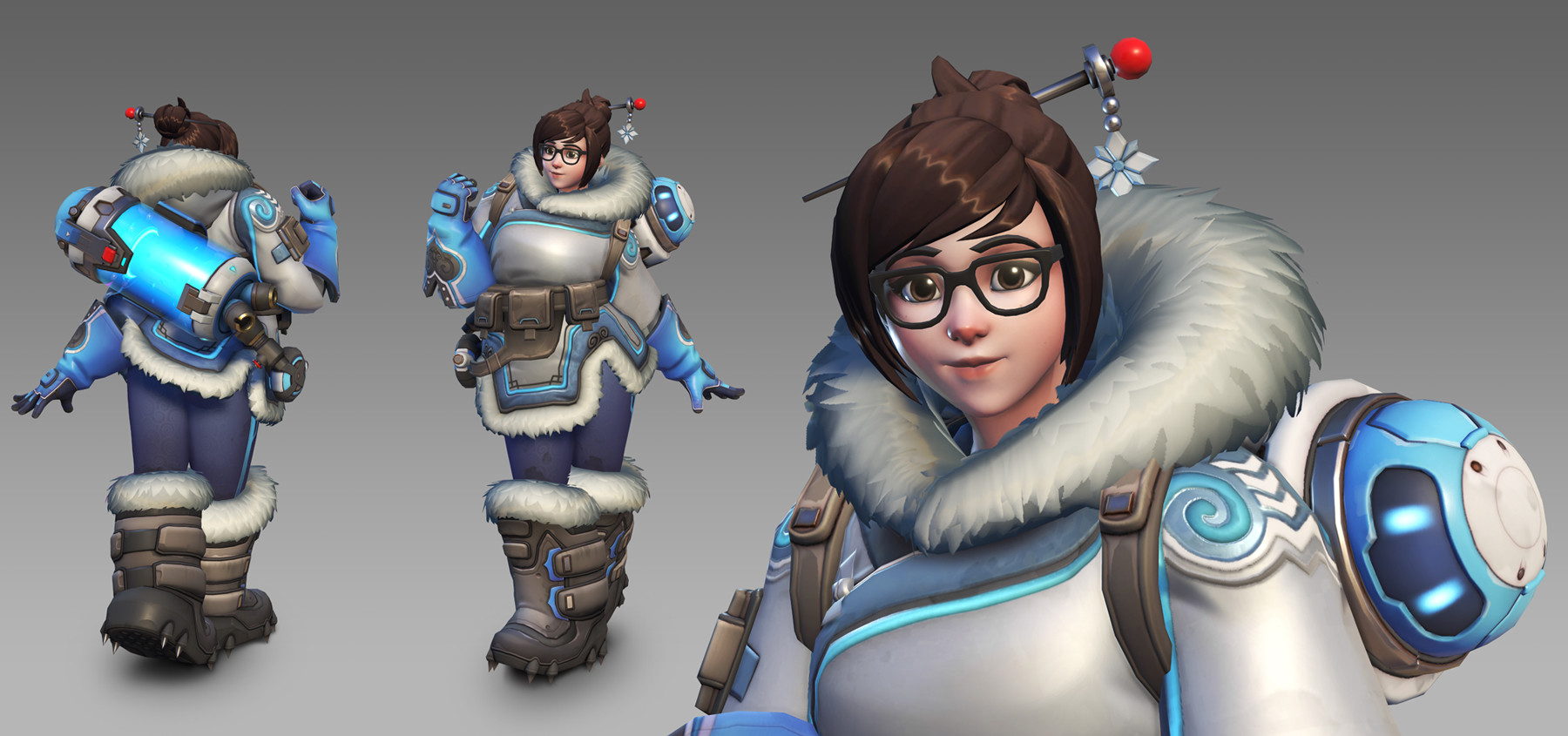
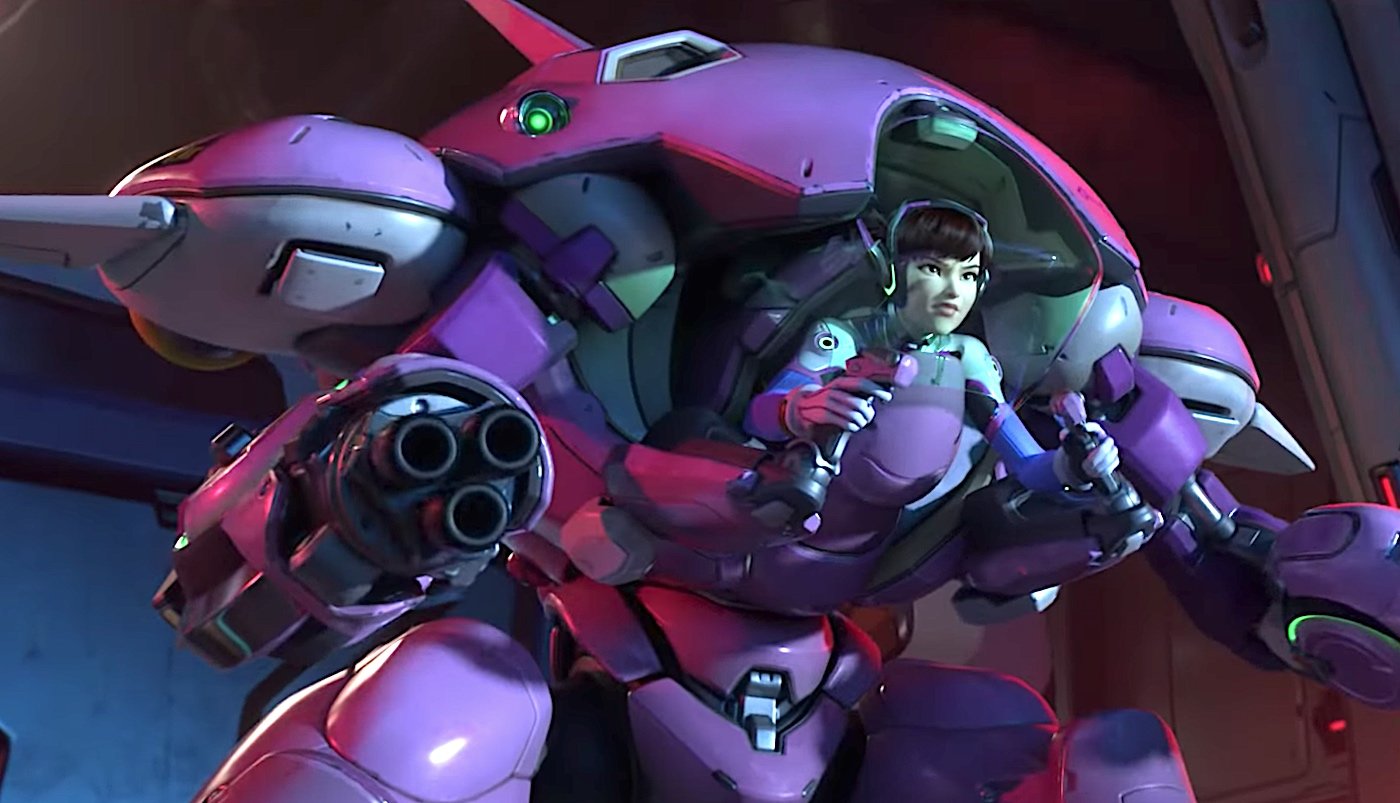

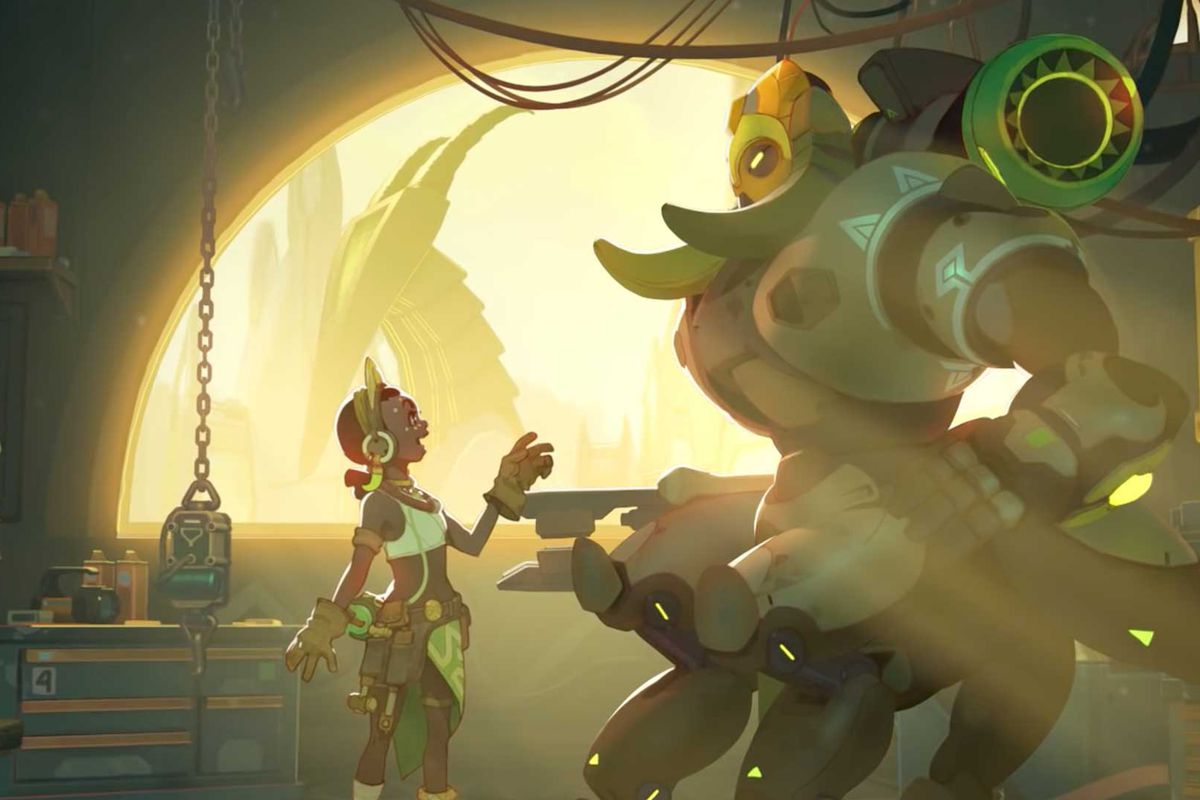
Great post! I often incorporated geekier hobbies into my academics too! And you’re definitely right on the money here.
LikeLiked by 1 person
Thanks so much! I’ve certainly had a long time time to think about it. Which ones did you incorporate?
LikeLike
I wrote about Disney and gender representation a few times. My main one was the representation of the princesses and the impact and evolution of the representation.
LikeLike
That’s actually awesome! People underestimate the impact heroine characters have on little girls and young women. It’s interesting to see how they have changed over the years for sure. Much stronger, more independent, less helpless and demure.
LikeLike
Exactly. It was easily my favorite paper to write.
LikeLiked by 1 person
Great post 😃
LikeLiked by 1 person
Thank you!
LikeLike
Wonderful job! I have always thought about this subject growing up as well. All my guy friends were SO surprised I had James Bond Goldeneye for N64 and wanted to test my skills on a shooter. Then I had a few see how awesome I am at playing Doom. It’s just like, “Dude, I can play too.”
Something that I always thought about was when Samus came into existence, all the boys of that time were swooning over her abilities! She was such an awesome character with great power and agility. When women want to compare themselves to her character and want to be like here, boys had some response like, “Yeah, but she’s cooler than you.” Why? Just because she shoots a gun? Like you, I hated playing shooters (especially Halo) with my guy friends. They would ask me to join just so they could have an “easy target”. It was so frustrating I stopped playing multiplayer first-person shooters. It just wasn’t worth my time anymore.
LikeLiked by 1 person
“OH you play VIDEO GAMES?” Yeah I know that feel. Dude man is it really that special? Chill. We all just people.
Easy target was definitely the word for it. Why help somebody out when you can do some target practice?
LikeLiked by 1 person
Haha! Right! It would piss me off so much when I was trying my hardest to get in the game and learn to be a better shooter, then all my guy friends would just camp. Oooooh so many rage quits.
LikeLiked by 1 person
Very insightful and well written post!
I never really put much thought into why my SO prefers playing healing/supportive roles in games, but this post shed a lot of light on potential factors for that.
Do you also believe these sorts of factors would influence what genres female gamers tend to gravitate towards? What you’ve written here seems to indicate that might be the case (in general), but I don’t want to make assumptions.
LikeLike
Thank you! I would say there is almost certainly merit to your thought about genres. It’s anecdotal but I’ve noticed that female players tend to lead towards games with a lot of customization options for female characters.
For instance Guild Wars 2 has one of the best character creators I’ve ever seen, with a wide variety of races, body types, face shapes, and outfit customization in game. Sometimes we jokingly call it Fashion Wars 2. You can use any armor skin you find in game and dye up to 4 areas of each armor piece from a dye system of hundreds of colors. It’s incredibly intricate. I’ve never played another game with so many fellow female players in my life.
I’d really have to look at some statistics research to say for sure though.
LikeLiked by 1 person
I can honestly say my first person shooter was unreal tournament. I loved it, was really good at it too, if I dont say so myself, hehehe. But Halo I never got the hang of it.
Diablo has always been my main RPG game. I absolutely love RPGs. Like you said I go for the games that allow you to choose a female, but I always want a up close and personal female player. Like the assiassan in Diablo II expansion I loved it, being on the front lines, kicking butt and taking names. Now here is the kicker, I hate playing online games. I do not like being critiqued about my game play.
On a side note when the hubs and I got Mortal Kombat X my husband was quick to try and return it, because I was able to whip his butt with all the female characters.
Like you I wrote a lot about gaming in college papers, the one controversy I dislike, is that violent games cause violence. The research I was able to do linked destress to violent games, its proven violent games are good for your sanity.
LikeLike
Thanks so much for reading! I’m really glad this post hit home for so many.
What did you write about in college? Yeah I hate that violence argument too. It usually comes from naive parents and it has been disproved by dozens of repeatable studies. Children are much more capable of telling the difference between real and fantasy than people think too.
LikeLike
Excellent write-up! I’d like to mention the Overwatch League professional Geguri experiencing this gender bias firsthand.
When she first made it on the professional scene, her skill was subjected to distrust and disbelief solely due to her gender. She had to prove that her impressive technical skills were not assisted by aim-cheating systems (more details here: https://www.polygon.com/2016/6/21/11996752/blizzard-overwatch-zarya-cheating ).
Now, she’s the only female professional player in the Overwatch League and she was featured in Time as a next generation leader.
Definitely someone to keep an eye on!
LikeLiked by 1 person
She’s not the only one to experience gender bias. I actually have a whole separate article about how pro esports has become a fully gendered career and is essentially a hostile work environment for women. I would never forget Geguri! https://backlogcrusader.blog/2019/05/17/gendered-careers-where-are-the-women-in-pro-esports/
LikeLike
wow great post! I searched why most girls play supp and got my answer very well explained! I agree on everything you said and was well detailed! Thought I’d just find “cuz sexism”. I mean sure, boys and girls are different, that’s just how it is but thank you for trying to stay out of the negative accusations around that and exploring more in depth on why.
Also, getting harassed in games isn’t fun for anyone, but being called out on plays for being a girl must suck. It’s honestly better to try to avoid revealing your identity, there’s just no positive reason to, but that’s probably harder in games like Overwatch where you use voice chat a lot.
LikeLike
Great post!
I’m a female gamer from the Philippines and most of the roles, if not all, that I take are either support or tank.
Basically, because most players want to get the most kills or damage. Thus, they don’t want to play the role of support.
I also really like to win but at the same time find support roles more attractive to me because they are key to making a team win. I do rely a lot on my teammates for them to do their role while I support them because I just want to focus on the main objective. More so, I look at each battle in a wider scope. I monitor their hp and always on the lookout in the map for enemies which for me is an interesting way of looking at any team-based battles.
LikeLiked by 1 person
You just described exactly how I feel about playing support and tanks personally! I love shot calling and monitoring the “big picture” of the match to help the team strategize. Being the “key” feels very good when it works and people actually listen, which happens much more at higher ranks than lower. Hahah
LikeLike
maybe it’s because it’s based on instinct. Support roles, like healers, are essentially the “mothers” of the team/squad/group. They kiss the boo-boos (heal), the pack the lunches (buffs), and without them the team will lose. Honestly, I find this insulting as woman to say that my choice to main a support class is based on nothing more than “gender marketing” or “gender schemes.”
LikeLike
this is the first post im reading from this site, but i just wanna say as someone with 200+ hours on d.va, the part about why a lot of gamer girls main her resonated with me so much :’) thank you for this, it’s super interesting!
LikeLike
Nice article. I’ve noticed the trend of ladies playing supports more but I find most of the time people talking about it are either using it an an insult or trying to defend themselves from said insult, so it’s nice to see a comprehensive explanation outside of the toxic shit I normally see on reddit. I think a lot of it also plays into firearm culture, where men are encouraged to see guns and warfare in general as heroic. Overwatch has a lot of characters that aren’t just “guy in tac gear holding a gun” so it makes sense it’s played so much more by women. The FPS training since youth also makes a lot of sense – it’s why when I introduce people to gaming I never start with an FPS, I usually start with Minecraft to give them a good idea hoe to properly control a first person mouse aiming experience in a controlled environment. Sad to hear about your Halo experience though, I love that games and it’s a shame to hear they didn’t bother teaching you! They should have jumped into campaign with you and helped you learn how to play, not gone into a deathmatch just to poke fun.
LikeLike